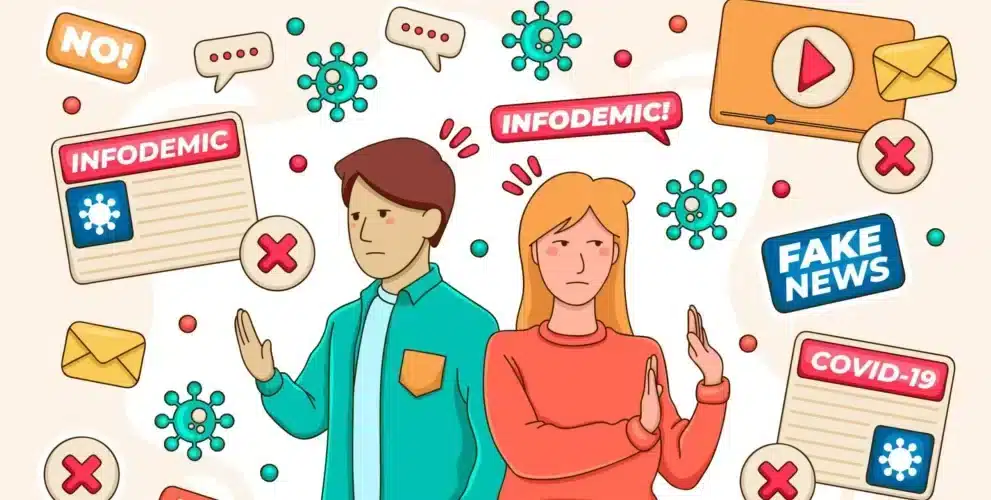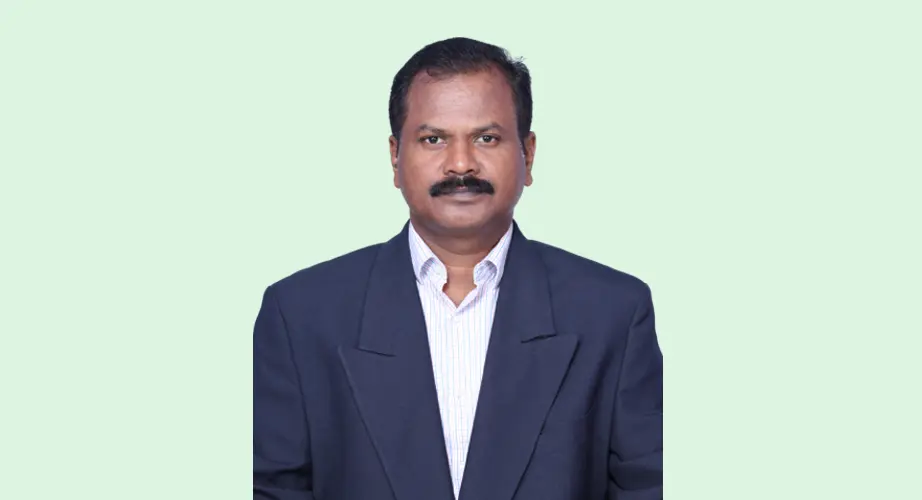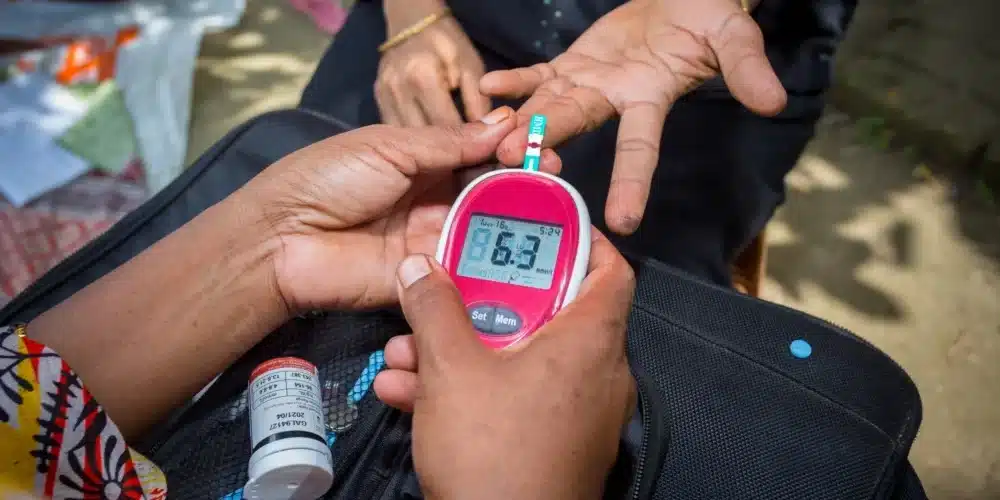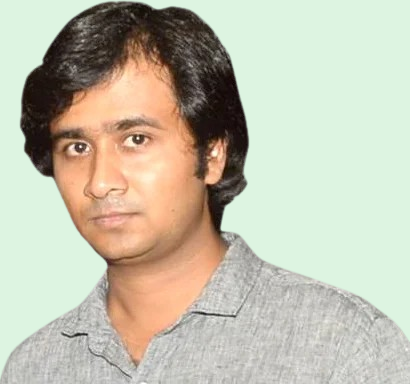Epidemic of misinformation is a public health concern
In the digital age, where information spreads rapidly and often unchecked, the epidemic of misinformation has become a public health concern.
- admin / 2 years

- 0
- 2 min read

As a social and behavioural scientist, I have been intricately involved in the battle against health misinformation. In the digital age, where information spreads rapidly and often unchecked, the epidemic of misinformation has become a public health concern.
Health misinformation encompasses a wide array of false or misleading information related to health and well-being. From misleading claims about miracle cures to distorted interpretations of scientific research, misinformation poses a significant threat to public health. In India, where diverse cultural beliefs and linguistic diversity intersect with rapid digital expansion, the challenge of combating health misinformation is particularly profound.
As a dedicated member of First Check, I have gained essential insights into the obstacles we confront and the tactics needed to promote correct health information. While social media platforms amplify the dissemination of misinformation, cultural beliefs and socio-economic factors can shape individuals’ susceptibility to misinformation. It warrants tailored communication strategies, which can be leveraged by multipronged methods.
With the use of artificial intelligence, data analytics, and behavioural insights, we can develop targeted interventions to counter misinformation effectively. Moreover, fostering partnerships with community leaders, healthcare providers, and digital platforms can enhance the reach and impact of our efforts. By promoting healthy discourses, building trust, and actively involving communities in the co-creation of health messaging, we can cultivate a sense of ownership and accountability. Empowering communities to become agents of change not only amplifies the reach of our efforts, but also fosters sustainable behaviour change.
We need to educate and sensitise healthcare professionals too.
Continuing education through digital platforms can greatly help healthcare professionals to critically evaluate information and discern credible sources. At the same time, integrating strategies to combat misinformation in school as well as health and allied healthcare educational curriculum would be an important step. By promoting health literacy from an early age, we can cultivate a generation that is empowered to distinguish fact from fiction. A generation that can make informed health decisions.
With the collective expertise and the power of technology, we can pave the way for a future where accurate health information prevails. As we continue to navigate the landscape of misinformation, let us remain steadfast in our commitment to truth, transparency, and the promotion of public health.

Dr Apurvakumar Pandya
Psychologist and Assistant Professor at the Indian Institute of Public Health, Gandhinagar, India









